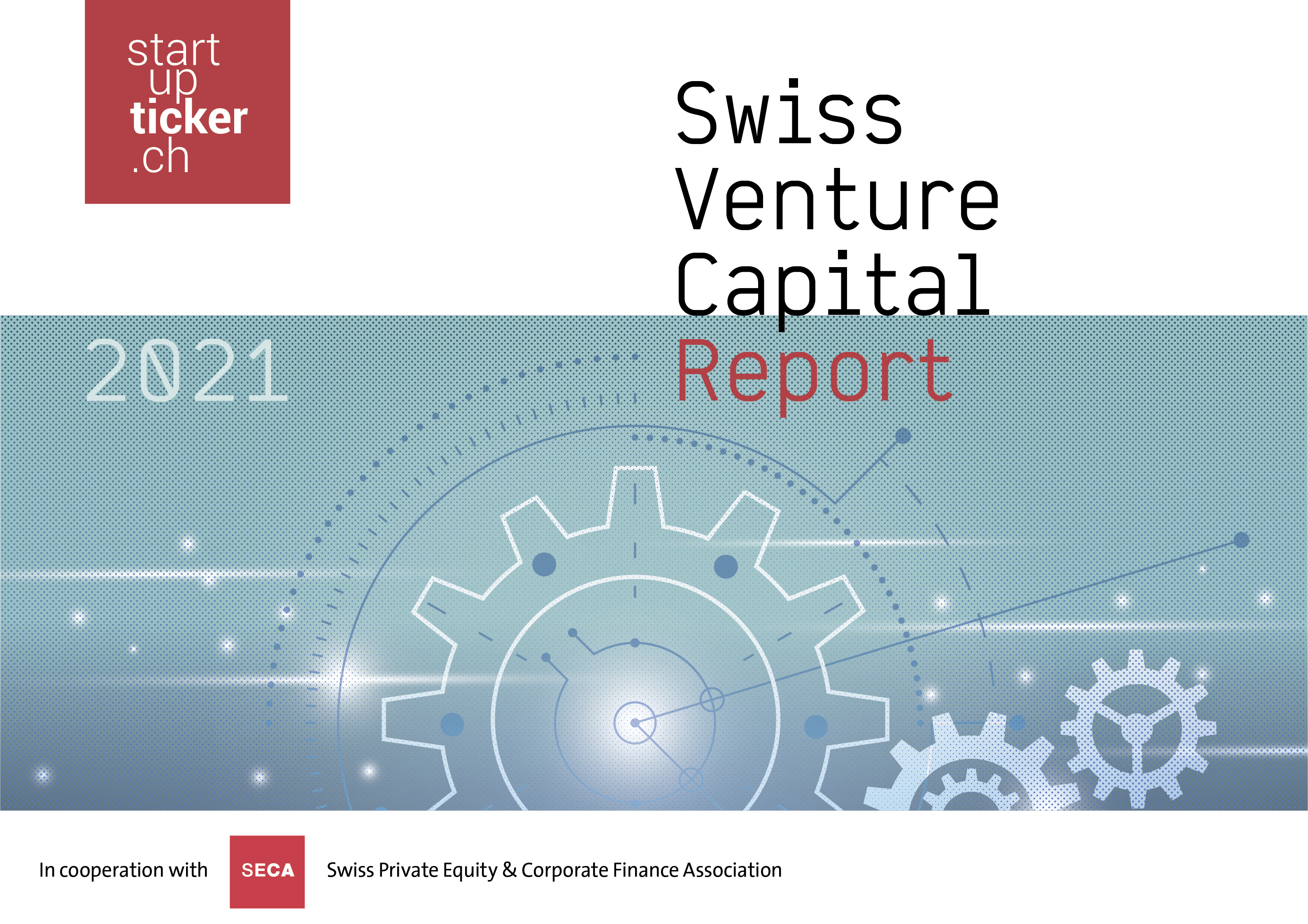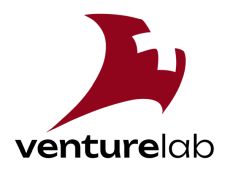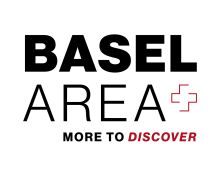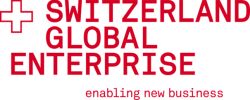
The First Ventures program provides funding to students at Universities of Applied Sciences to accelerate the development of their projects. Seven ambitious projects have been selected to benefit from the program, focusing on innovative solutions for industry and healthcare applications.
Powered by the Gebert Rüf Stiftung, the First Ventures initiative enables bachelor’s and master’s students from Swiss Universities of Applied Sciences (UAS) to transform their innovative business ideas into market-ready ventures. Projects receive up to CHF 150,000, along with a customized coaching program designed to facilitate the startup launch process.
Impala reha press | Patrick von Raumer, University of Applied Sciences, Bern (CHF 50’000)
Prolonged bed rest often causes muscle atrophy and reduced mobility, particularly in elderly patients. Early mobilization is essential for recovery but remains challenging for bedridden individuals. This project led by Patrick von Raumer introduces an innovative in-bed leg press device designed for resistance training directly from a hospital bed. Lightweight, portable, and user-friendly, the device enables effective rehabilitation without requiring additional equipment or power sources. Integrated sensors and interactive features, such as exergaming, enhance patient engagement and adherence to exercise routines. By promoting early mobilization, the device improves patient outcomes, reduces healthcare costs, and fosters independence, transforming recovery for those with severe mobility restrictions.
SendMeBag | Joshua Kohler, University of Applied Sciences, Lucerne (CHF 70’000)
SendMeBag is developing reusable shipping bags with a protective mechanism that reduce packaging waste and CO₂ emissions in e-commerce. Building on eight ongoing pilot projects, the Execution Stage aims to further develop the product and prepare for the market launch from Q2, 2025. Key measures include optimizing the protection mechanism and developing the depot system for higher return rates, including IT integration for integration into existing logistics processes. Fulfillment companies and sustainability-oriented online stores are the primary target groups. The funding supports the optimization of the protection mechanism and the development of the depot system. These steps will prepare the market entry from Q2, 2025 and strengthen SendMeBag as a sustainable solution for the circular economy in e-commerce.
Liquid | Brian Livingstone, FHNW (CHF 50’000)
Liquid is a personal finance app designed to help young adults manage their money effortlessly. With the introduction of Open Banking in Switzerland in 2025, Liquid leverages real-time bank synchronisation to provide an intuitive, automated financial overview. Unlike existing solutions that are complex and geared toward financially savvy users, Liquid focuses on simplicity, gamification, and a lifestyle-oriented approach. Users can categorise expenses with drag-and-drop functionality, set financial goals, and track progress without manual effort. The app also integrates wishlist savings and spending challenges to promote mindful financial habits. By addressing the growing need for financial control in an era of rising living costs and consumer-driven behaviour, Liquid empowers users to make better financial decisions. The project aims to launch in the German-speaking part of Switzerland before expanding nationwide, supported by strategic partnerships and targeted marketing efforts
Automated image processing: efficient, flexible and user-friendly | Sandro Bachmann, Zurich University of Applied Sciences (CHF 25'000)
The ongoing automation of industrial processes is significantly enhancing efficiency and precision in manufacturing. Computer-aided vision systems, which utilize modern algorithms and cameras to detect objects, play a key role in optimizing workflows. However, challenges remain, including high costs, complexity, and difficulties in detecting transparent or reflective objects. A bin-picking system utilizing a robotic arm and a low-cost stereo camera was developed as part of a bachelor’s thesis project. With an F1 score of 0.96, it outperformed commercial solutions. The follow-up project focuses on making market-relevant improvements. It aims to develop a low-cost vision system that functions without external lighting, adapts to varying light conditions, and is easily expandable. This project provides an industry-driven solution to the challenges of modern vision systems, contributing to the continued advancement of automation.
Microcredentials-as-a-service | Mehmet Cihan Sakman, ZHAW (CHF 23’000)
This project tackles the challenges of traditional credentialing systems, which are outdated, prone to forgery, and lack portability, creating barriers for students and professionals. While existing digital solutions focus on professional certifications, there's a gap for standards-based certifications in formal education. To address this, the project led by Mehmet Cihan Sakman introduces a Microcredentials-as-a-Service platform using open-source d-gree software. This platform will help educational institutions and training centers efficiently issue and manage micro-credentials via a user-friendly web portal. It ensures compliance with Swiss regulations and offers scalability with a pay-per-certificate pricing model. The platform aims to modernize credentialing, enabling global recognition and supporting lifelong learning.
R.E.A.C.T. | Théo Jacquemettaz, HES-SO (CHF 25’000)
The Cargo bike market for professionals is exploding, but safe and easy-to-drive products are still missing. Current market complaints point out that adapting to riding a cargo bike is complex and requires training. More than that, the current solution requires extreme caution in traffic and can lead to accidents when the infrastructure is inadequate. In this project, the team headed by Théo Jacquemettaz is developing a new type of electric trailer, capable of transporting 300 kg without any effect on the bike to which it is attached. This solution will work in straight lines, sharp turns, or terrain, enabling anybody to ride 300 kg of goods like any regular bike.
Design for Dignity | Violeta Dyka, Bern Academy of the Arts (HKB) (CHF 25’000)
Design for Dignity is an entrepreneurial initiative addressing the critical lack of privacy for refugees in Switzerland's Federal Asylum Centers (FAC). The project seeks to ignite conversations about the privilege of privacy, amplify the voices of those impacted, and increase awareness of living conditions in refugee accommodations. The goal is to restore dignity and foster well-being for refugees living in FAC by reimagining shared living spaces through design solutions that prioritize privacy, safety, and community empowerment.
(RAN)


 The new Swiss Venture Capital Report was published on 26 January. It analyses 304 financing rounds closed in 2020 and includes further article such as an interview with Michael Hengartner, President of the ETH Board, and a list of Swiss "soonicorns".
The new Swiss Venture Capital Report was published on 26 January. It analyses 304 financing rounds closed in 2020 and includes further article such as an interview with Michael Hengartner, President of the ETH Board, and a list of Swiss "soonicorns". 




















































Please login or sign up to comment.
Commenting guidelines